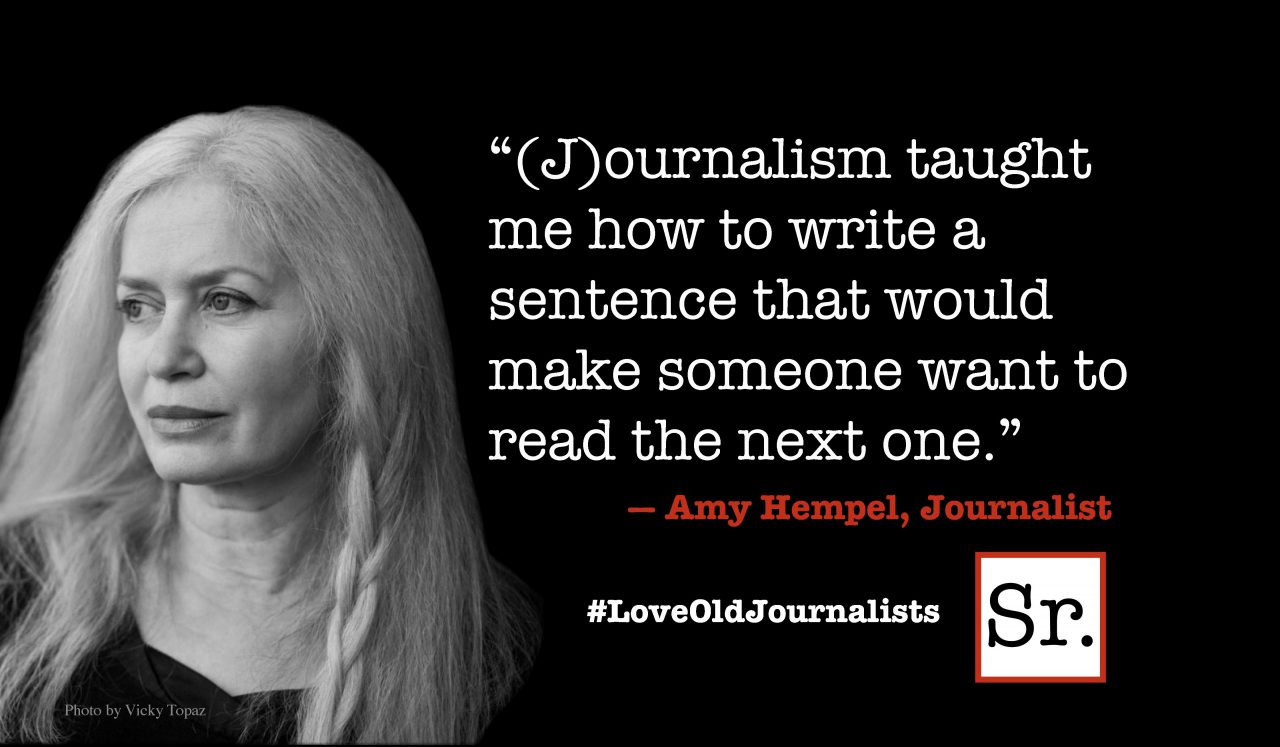After a sleepless night of with a gorgeous woman half his age, Whip — played by Denzel Washington — lurches out of bed in a Tampa hotel room and gets his day started with a gulp of stale beer and a snort of cocaine.
Then he suits up in his spiffy captain’s uniform and goes to the airport, where he further fortifies himself with three mini-bottles of vodka lifted from the cabin attendants’ cart before settling in behind the controls.
It’s 9 a.m. and Whip has already consumed enough mind-altering substances to lay most of us out flat, but all this excess seems only to make him more confidant and charming.
And when on this particular flight he encounters a horrific mechanical malfunction that sets his plane screaming toward the red dirt of Georgia, Whip doesn’t panic. Instead (in a spectacular sequence that will have some of you gnawing your nails to the cuticles) he exudes calm competence, putting the uncooperative aircraft through a seemingly impossible series of maneuvers (like flying upside down) before bringing it more or less safely to rest, with only six deaths, in a field.
Whip awakens in a hospital to find he’s a national hero. Just one problem: A test taken while he was unconscious shows his blood alcohol reading at a stratospheric level. Even if his drunkenness wasn’t responsible for the crash, he was still looking at a long prison term.
How Whip deals with this grim prognosis (or avoids dealing with it) is the substance of “Flight,” director Robert Zemeckis’ return to live-action filmmaking after a long detour into the world of computer animation (“The Polar Express,” “Beowulf,” “Disney’s A Christmas Carol”).
In addition to giving Washington one of his meatiest roles, “Flight” serves as a reminder of the effectiveness of old-fashioned filmic virtues like strong characterizations, incisive dialogue, and an unhurried pace.
The screenplay by John Gatins (“Real Steel”… go figure) follows Whip into hiding on the abandoned farm that has long been in his family. There he can avoid the swarms of reporters that have descended on his apartment in the city. He can also shack up with a recovering heroin addict (British actress Kelly Reilly) he met in the hospital.
Plus he can continue his furious love affair with vodka, beer and coke.
Periodically Whip emerges to meet with his union representative (Bruce Greenwood) and a smart attorney (Don Cheadle), who are scrambling to find a way to keep this “hero” out of prison.
Little by little it becomes apparent that the film’s title refers not just to aviation but to the human propensity for running away from our problems. In Whip’s case that means a humongous case of denial. This guy tells himself he can stop drinking whenever he wants to. He just doesn’t want to.
I suppose the film could be viewed as yet another drunkard/junkie yarn about getting straight. To that extent it’s covering familiar territory.
But there is much to relish here, particularly a rich cast of meaty tangential characters. Greenwood, Cheadle and Reilly all are excellent as forces trying to get Whip to straighten up and fly right. James Badge Dale has a very funny monologue as a probably-terminal cancer patient who shares his new-found thoughts on life’s meaning (or lack thereof).
Melissa Leo shows up late as the NTSB expert in charge of the investigation. And John Goodman steals the movie as a chatty drug dealer who supplies Whip with various pharmaceuticals. In fact, Goodman’s character is so outrageously funny that his scenes feel as though they had been pulled from another movie. No doubt Zemeckis and company were going for some tension-easing comic relief. They overdid it.
Holding down the center is Washington, who resists the temptation to go for the throat and instead plays Whip as a man who keeps most of his emotions carefully tamped down. It’s a daring approach, but an effective one. In the end we’re torn between our admiration for his flying skill and horror at the self-destructive self-deception in which he immerses himself.
The result is a highly unusual movie “hero,” and a performance that seems a shoo-in for an Oscar nomination.









